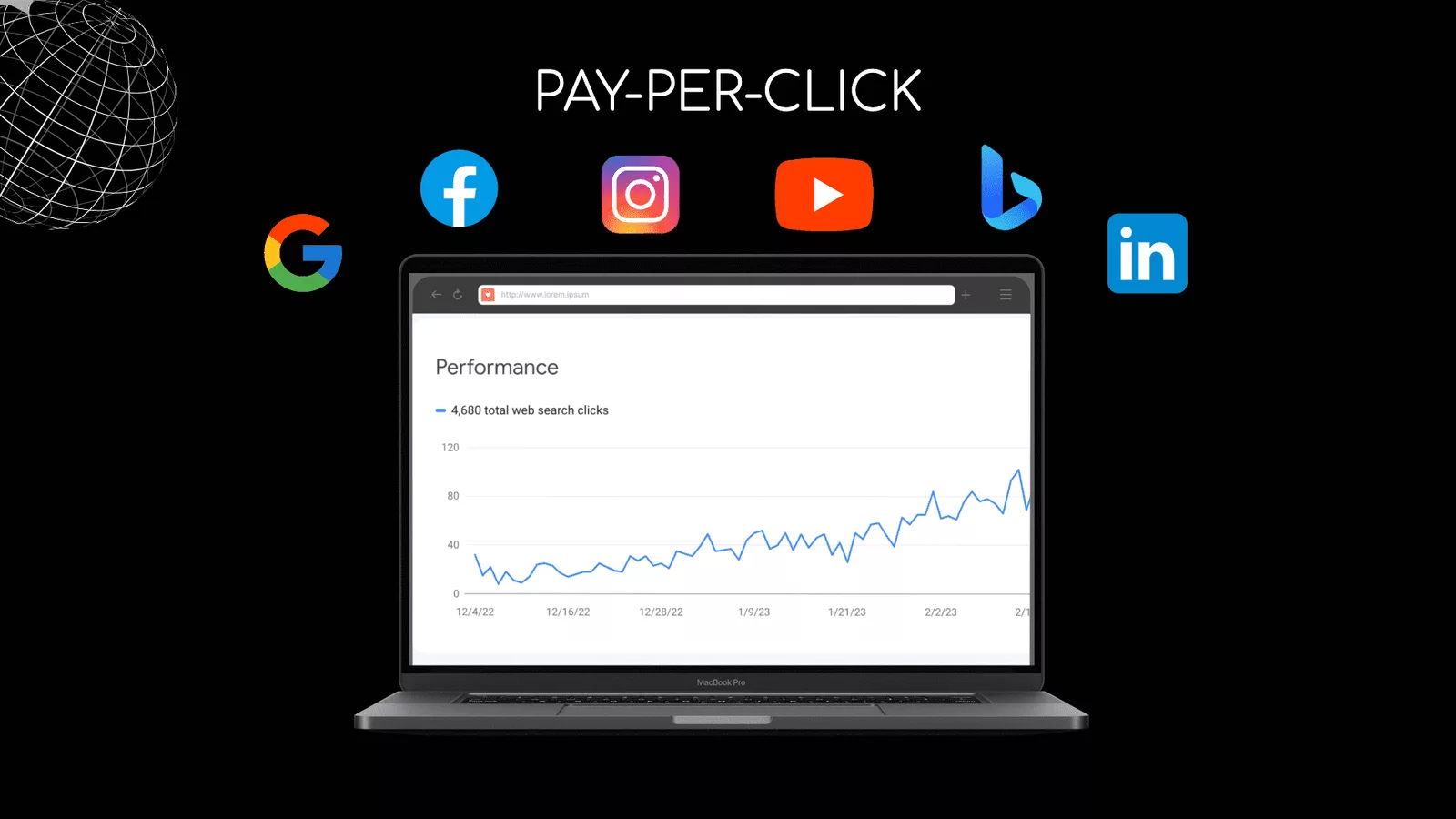Pay-per-click (PPC) advertising is a powerful tool for businesses to attract customers to their websites. However, it can also be an expensive venture, especially for small businesses with limited budgets.
Cost-per-click (CPC) is a crucial metric in PPC advertising that determines how much a business pays for each click on its ad.
Fortunately, there are ways to lower your CPC without compromising your ad’s performance. In this article, we’ll explore the strategies you can use to lower your cost-per-click in PPC advertising.
Understanding CPC and its impact on your ad budget
Before we dive into the strategies for lowering your CPC, let’s first understand what CPC is and how it affects your ad budget.
Cost-per-click is the amount you pay every time a user clicks on your ad. This cost is determined by the bid amount you set for your ad and the competition for the same ad space.
A higher CPC means you will pay more for each click, which can quickly deplete your ad budget and impact your overall return on investment (ROI).
Request Free Review
We start by reviewing your website and then take a look at your current ranking in SERPs.
- Unlock Your Website’s Potential with Our Comprehensive Analysis.
- Outrank Your Competitors with Our Expert Insights and Recommendations.
- Ways for increasing website traffic.
- Get Tailored Recommendations to Achieve Better Results Online.
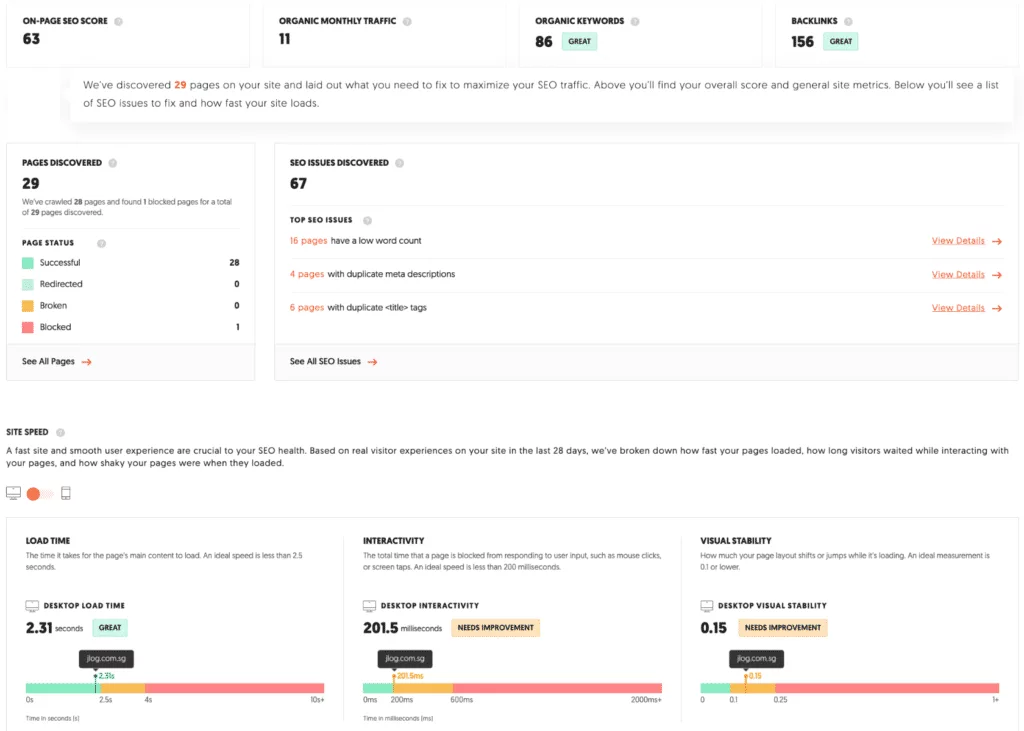
Conducting Keyword Research
Conducting keyword research is the foundation of any successful PPC campaign. It involves identifying the relevant keywords that your target audience is likely to search for and incorporating them into your ad copy.
The more targeted your keywords are, the higher the chances of attracting a qualified audience that is likely to convert.
In addition, targeting long-tail keywords can help lower your CPC since they have lower competition and higher intent to purchase.
Here’s a step-by-step guide on how to conduct keyword research for your next PPC campaign:
1. Define Your Goal for Paid Search: Before you start your keyword research, it’s essential to have a clear goal in mind. Are you looking to drive sales, increase brand awareness, or generate leads? Knowing what you want to achieve will help you identify relevant keywords.
2. Use Keyword Planner: Google’s Keyword Planner is a free tool that can help you discover new keywords related to your business. Start by entering a few broad terms related to your product or service and see what suggestions come up.
3. Check Out Your Competitors: Another way to find relevant keywords is by looking at what your competitors are targeting. Use tools like SpyFu to see what keywords they’re ranking for and consider incorporating those into your strategy.
4. Refine Your List: Once you have a list of potential keywords, narrow them down based on relevance, search volume, and competition. You want to target keywords that are both highly relevant to your business and have a decent search volume but aren’t too competitive.
5. Use Negative Keywords: Don’t forget to include negative keywords in your strategy – these are terms that you don’t want your ad to appear for. For example, if you’re an online clothing store, you might want to exclude keywords like “used clothing” or “thrift store.”
6. Test and Monitor: Once your campaign is up and running, keep an eye on your performance data and make adjustments as needed. Continually testing and optimizing your strategy is key to achieving long-term success.
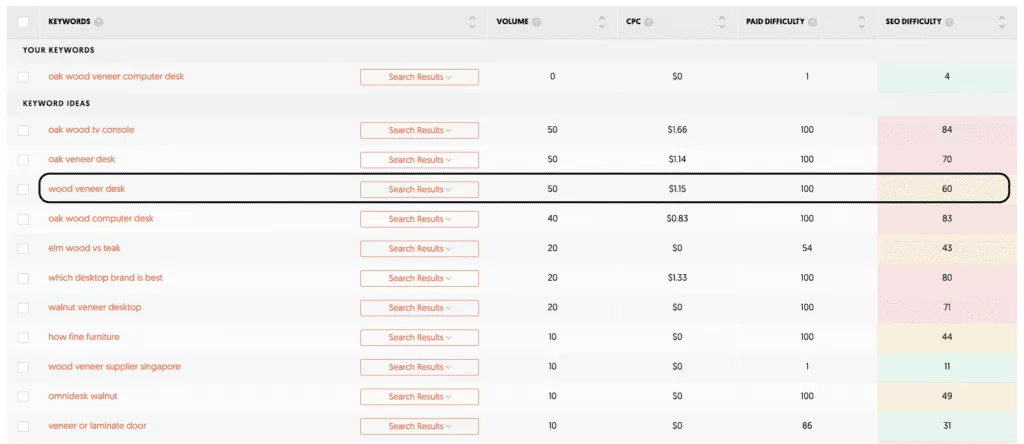
Refining Your Ad Copy
Your ad copy is the first point of contact with your target audience, and it plays a significant role in attracting clicks and conversions.
To lower your CPC, ensure your ad copy is relevant and engaging to your target audience. Use clear and concise language that highlights the benefits of your product or service.
In addition, try incorporating the targeted keywords into your ad copy to improve your ad’s relevance and quality score.
1. Research Your Competition
Starting with competitive research is an effective way to see what works and what doesn’t in your industry. Look at the ad copy of your competitors and identify what makes their ads stand out. This can give you some ideas on how to make your ad copy more compelling and unique.
2. Know Your Target Market
Understanding your target market is crucial to creating effective PPC ad copy that converts. By identifying what your audience wants and why, you can create ad copy that speaks directly to their needs and desires. This will help you communicate the benefits of your product or service more effectively.
3. Be Strategic with Your Ad Copy
Your ad copy should be more than just a few sentences thrown together. It needs to be strategic and have a clear purpose. Think about what action you want your audience to take and craft your ad copy accordingly. Use persuasive language and address any objections your audience may have.
4. Incorporate Statistics
Adding statistics to your ad copy is a great way to make it more compelling. Statistics can provide proof that your product or service is effective and can help build trust with your audience. Use credible sources and make sure your statistics are relevant to your audience.
5. Test and Refine Your Ad Copy
PPC ad copy is not a one-and-done process. It’s important to test different versions of your ad copy to see what works best. This can include testing different headlines, calls to action, and even images. Use the data you gather to refine your ad copy over time and continue to optimize for better results.
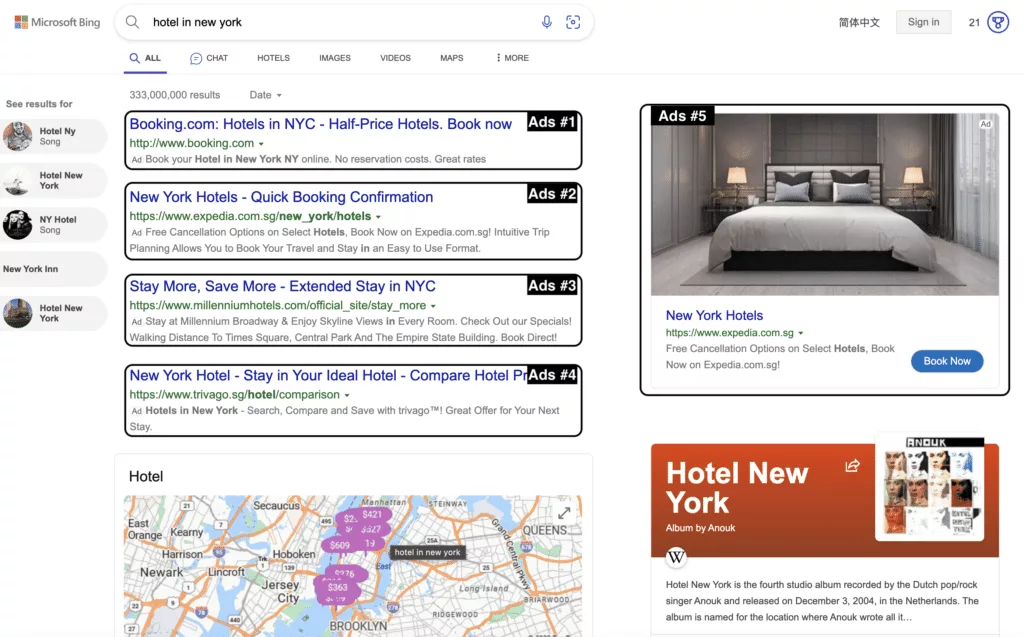
Optimizing Your Landing Page
Your landing page is where your potential customers land after clicking on your ad. It’s crucial to ensure your landing page is optimized to deliver a seamless user experience and drive conversions. A well-optimized landing page can improve your ad’s quality score, which can, in turn, lower your CPC.
Ensure your landing page is relevant to your ad copy and includes a clear call-to-action. Additionally, make sure your landing page is mobile-friendly and has a fast loading speed.
1. Use Relevant Keywords
Using relevant keywords is one of the most important aspects of optimizing your landing page for PPC. It will help increase the relevance of your page, which can lead to a higher click-through rate (CTR). Make sure to incorporate your target keywords in your headlines, subheadings, and main content.
2. Create a Compelling Headline
Your headline is the first thing your visitors will see when they land on your page. Therefore, it is essential to make it compelling and attention-grabbing. Use power words and keep it short, simple, and clear.
3. Provide a Clear Value Proposition
The value proposition is the reason why your visitors should choose your product or service over the competition. Make sure to highlight the benefits and features of your offering and provide a clear call-to-action (CTA) that encourages visitors to take action.
4. Keep Your Page Clean and Simple
Your landing page should be clean, simple, and easy to navigate. Avoid cluttering your page with too many visuals, buttons, or links, as this can distract your visitors from your main message.
5. Use High-Quality Visuals
Visuals such as images, videos, or infographics can help reinforce your message and make your landing page more engaging. Make sure to use high-quality visuals that are relevant to your message and brand.
6. Test and Improve
The key to success with PPC and landing page optimization is testing and continuous improvement. Test different versions of your landing page, A/B test your headlines, visuals, and CTAs, and analyze your results to make improvements.
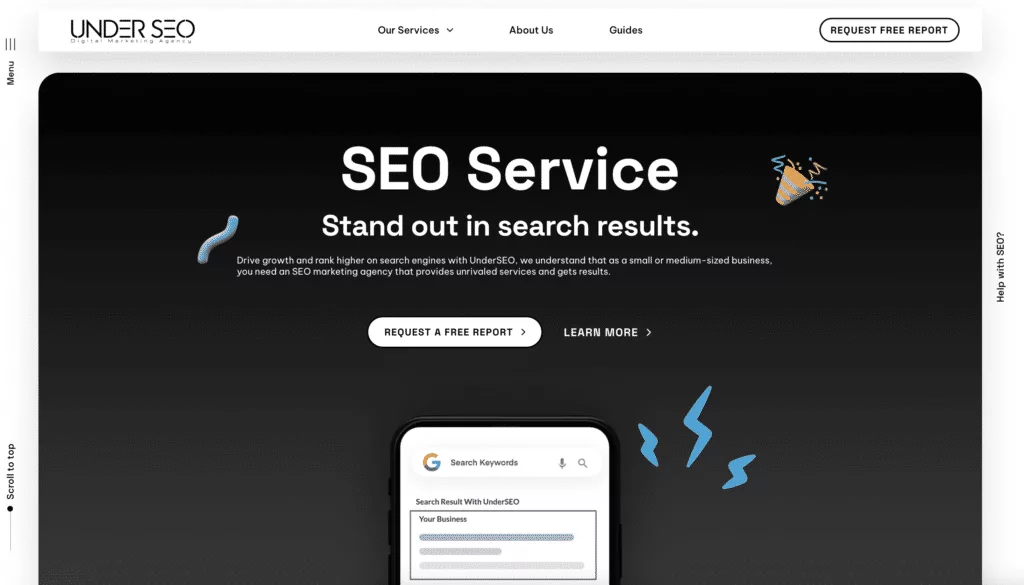
Targeting the Right Audience
Targeting the right audience is crucial to the success of your PPC campaign. With a targeted audience, you’re likely to attract qualified leads that are likely to convert. In addition, targeting a specific audience can help lower your CPC since you’re not competing with irrelevant businesses for the same ad space. You can target your audience based on demographics, interests, and behaviors.
Implementing Ad Scheduling
Ad scheduling is the process of setting specific times and days when your ads are displayed to your target audience. By implementing ad scheduling, you can optimize your ad budget by displaying your ads during peak periods when your target audience is most active. In addition, ad scheduling can help lower your CPC by avoiding times and days when competition is high.
Utilizing Ad Extensions
Ad extensions are additional features that provide more information about your business to potential customers. Ad extensions can include location information, phone numbers, and product information. Utilizing ad extensions can help improve your ad’s relevance and quality score, which can lower your CPC.
Monitoring and Analyzing Your PPC Campaign
Monitoring and analyzing your PPC campaign’s performance is crucial to optimizing your ad budget and lowering your CPC. Regularly reviewing your ad’s performance can help you identify areas that need improvement and adjust your bidding strategy accordingly. In addition, monitoring your PPC campaign can help you identify keywords that are driving clicks but not conversions, which can be a drain on your budget. By eliminating underperforming keywords, you can lower your CPC and focus on keywords that drive conversions.
Testing Different Ad Formats
Testing different ad formats can help you find the most effective format for your target audience. For example, you can test text ads versus image ads or video ads to see which format drives more clicks and conversions. By testing different ad formats, you can optimize your ad’s performance and lower your CPC.
Increasing Your Quality Score
Your ad’s quality score is a metric that measures the quality and relevance of your ad. A higher quality score can lower your CPC and improve your ad’s performance.
To increase your quality score, focus on improving your ad relevance, landing page experience, and click-through rate.
1. Understand Each Type of Quality Score: There are three types of Quality Scores in Google Ads: keyword, ad, and landing page. Understanding how each one works and their impact on your overall Quality Score is essential.
2. Evaluate Your Ad Relevance: For a good overall Quality Score, ensure that your keyword, ad copy, and landing page are all relevant to each other.
3. Use Tailored Ad Copy: Create ad copy that is tailored to each keyword group. This will help improve your ad relevance and increase click-through rates.
4. Improve Your Landing Page Experience: A good landing page experience means that visitors will stay longer on your website and is more likely to convert. Ensure that your landing page is user-friendly and relevant to your ad copy.
5. Optimize for Mobile: With more than half of all internet users accessing the internet via mobile devices, optimizing your ads for mobile is crucial. Ensure that your landing page is mobile-friendly and that your ad copy is not too long.
6. Monitor Your Quality Score: Keep an eye on your Quality Score and look for ways to improve it. Use Google Ads Performance reports to track your progress and identify areas that need improvement.
7. Test, Test, Test: Test different ad copy, landing pages, and keywords to see which ones perform the best. This will help you continuously improve your Quality Score and increase your ad performance.
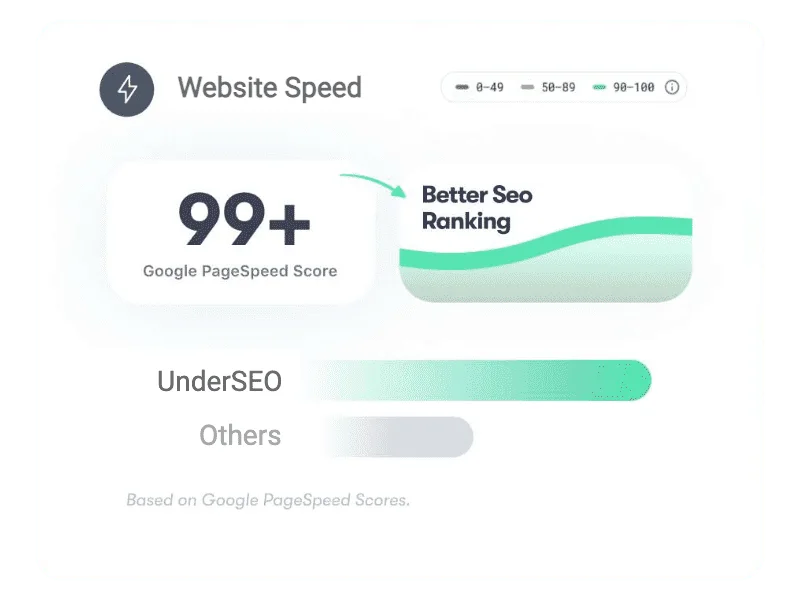
Need Some Help?
PPC’s Guide: How to Lower Your Cost-Per-Click in PPC
Conclusion
Lowering your cost-per-click in PPC advertising requires a comprehensive approach that involves optimizing your ad copy, landing page, targeting, and bidding strategy. By implementing the strategies discussed in this article, you can lower your CPC and optimize your ad budget for maximum ROI.
FAQs
What is a good CPC for PPC advertising?
A good CPC for PPC advertising depends on your industry and competition. However, a general rule of thumb is to aim for a CPC that is lower than your average conversion value.
How can I improve my ad’s quality score?
To improve your ad’s quality score, focus on improving your ad relevance, landing page experience, and click-through rate.
Should I bid on broad or specific keywords?
Bidding on specific keywords can help lower your CPC since there is less competition. However, broad keywords can help you reach a larger audience.
How often should I monitor my PPC campaign?
It’s recommended to monitor your PPC campaign at least once a week to ensure optimal performance and budget allocation.
Can I use PPC advertising for my local business?
Yes, PPC advertising can be effective for local businesses by targeting a specific geographic location and audience.

